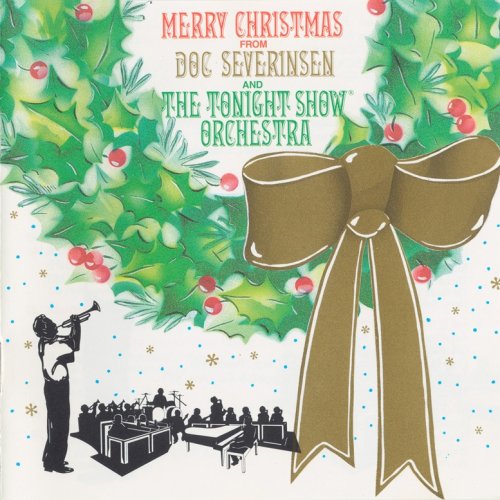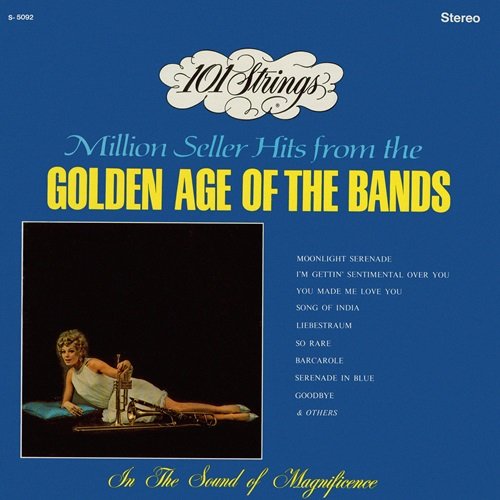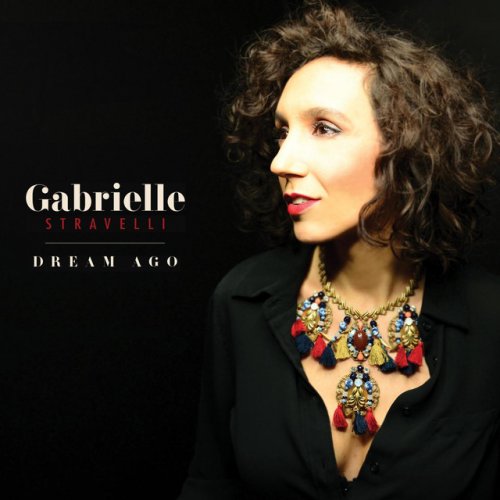Nigel Kennedy, The London Philharmonic, Klaus Tennstedt - Brahms - Violin Concerto (1991)
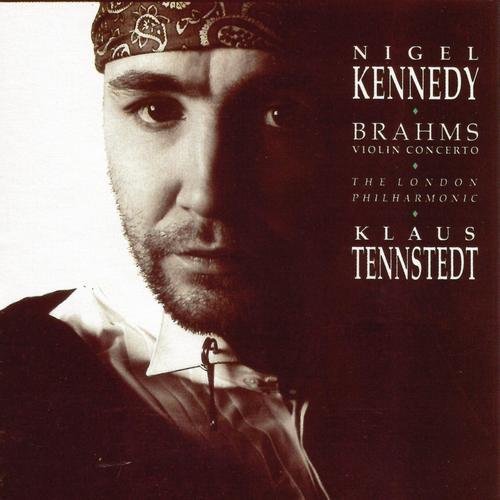
Artist: Nigel Kennedy, The London Philharmonic, Klaus Tennstedt
Title: Brahms - Violin Concerto
Year Of Release: 1991
Label: EMI
Genre: Classical
Quality: APE (image+.cue,log,scans)
Total Time: 45:56
Total Size: 209 Mb
WebSite: Album Preview
Tracklist: Title: Brahms - Violin Concerto
Year Of Release: 1991
Label: EMI
Genre: Classical
Quality: APE (image+.cue,log,scans)
Total Time: 45:56
Total Size: 209 Mb
WebSite: Album Preview
J. Brahms - Violin Concerto in D, Op. 77
1. Allegro non troppo (cadenza: Kennedy) - 26:17
2. Adagio - 11:19
3. Allegro giocoso, ma non troppo vivace - 8:18
Performers:
Nigel Kennedy – violin
The London Philharmonic
Klaus Tennstedt, conductor
Transcendent, majestic, sublimely beautiful. There aren't enough adjectives to capture the perfection of both soloist and conductor in this performance. I had, until recently, avoided listening to the Kennedy/Tennstedt because I had always been put off by Kennedy's flamboyance and all the self-promotional theatrics. I had also read the many complaints that his rendition lacked thrust and power. WRONG! I now find myself in profound disagreement with the critics of this take on the D major. First of all, there are many listeners - myself included - who prefer a more leisurely paced Brahms, in both the concertos and the symphonies. We actually long for a performance that emphasizes beauty and nobility of expression over drama and ersatz excitement. The sheer gorgeousness of Kennedy's tone, consistently deployed even in the most dramatic passages, is precisely what we want to hear in a Brahms concerto. The notion that Kennedy doesn't produce a big enough or heroic enough sound for this broad a rendition strikes me as very odd indeed. For Brahms done in this lyrical a manner, his sound is certainly 'big' enough.
Those who have little interest in recordings where the incomparable Adagio is done at anything other than a 'glacial' pace will find this 2nd movement deeply satisfying. Here it is played with the contemplative beauty, and the lingering, exquisitely-executed oboe passages that befit the 19th century's greatest oboe concerto, if you will (yes, I realize that there are many who won't). And the most pleasant surprise of all is the marvelously expansive first movement. Perhaps it isn't a true Allegro, but at 26 minutes, it never lags for an instant, and Tennstedt has his London Philharmonic positively glowing with the inner fires of Brahmsian poetry. I never once found myself 'looking at my watch'.
The perfect textures and balances produced in the interweaving horn-against-woodwind passages are pure Tennstedt; they simply cannot be achieved in so hypnotic and lustrous a manner at a faster clip. The listener is left with the overall impression that Kennedy and Tennstedt view this as every bit as much a Brahms symphony as a concerto, and one to be played in the genteel style rather than Karajan's HOP style (High-Octane Power Style). Exactly. And kudos to the reputedly self-aggrandizing Kennedy for putting his ego sufficiently aside in order to produce this kind of interpretation. So if you are one of those who regard the Kremer, the Heifetz, the Oistrakh (in the Adagio, less so in the Allegro), the Mutter, etc. as Brahms played at warp speed; if the Tennstedt/Hoelscher recording with the North German Radio strikes you as absurdly fast-paced, the Kennedy is highly recommended.
Those who have little interest in recordings where the incomparable Adagio is done at anything other than a 'glacial' pace will find this 2nd movement deeply satisfying. Here it is played with the contemplative beauty, and the lingering, exquisitely-executed oboe passages that befit the 19th century's greatest oboe concerto, if you will (yes, I realize that there are many who won't). And the most pleasant surprise of all is the marvelously expansive first movement. Perhaps it isn't a true Allegro, but at 26 minutes, it never lags for an instant, and Tennstedt has his London Philharmonic positively glowing with the inner fires of Brahmsian poetry. I never once found myself 'looking at my watch'.
The perfect textures and balances produced in the interweaving horn-against-woodwind passages are pure Tennstedt; they simply cannot be achieved in so hypnotic and lustrous a manner at a faster clip. The listener is left with the overall impression that Kennedy and Tennstedt view this as every bit as much a Brahms symphony as a concerto, and one to be played in the genteel style rather than Karajan's HOP style (High-Octane Power Style). Exactly. And kudos to the reputedly self-aggrandizing Kennedy for putting his ego sufficiently aside in order to produce this kind of interpretation. So if you are one of those who regard the Kremer, the Heifetz, the Oistrakh (in the Adagio, less so in the Allegro), the Mutter, etc. as Brahms played at warp speed; if the Tennstedt/Hoelscher recording with the North German Radio strikes you as absurdly fast-paced, the Kennedy is highly recommended.


![Johnny Janis - Playboy Presents... Once In a Blue Moon (2015) [Hi-Res] Johnny Janis - Playboy Presents... Once In a Blue Moon (2015) [Hi-Res]](https://img.israbox.com/img/2025-12/29/hpechfkz7kpvyn01p0qdae2u4.jpg)
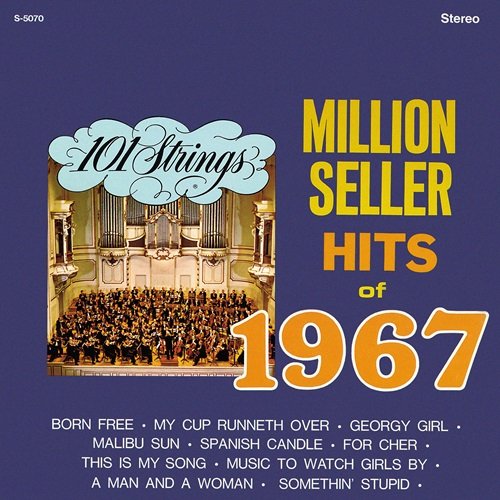
![Singular - SINGÜLAR (2025) [Hi-Res] Singular - SINGÜLAR (2025) [Hi-Res]](https://www.dibpic.com/uploads/posts/2025-12/1766913064_h3d0mb26iq5fb_600.jpg)
